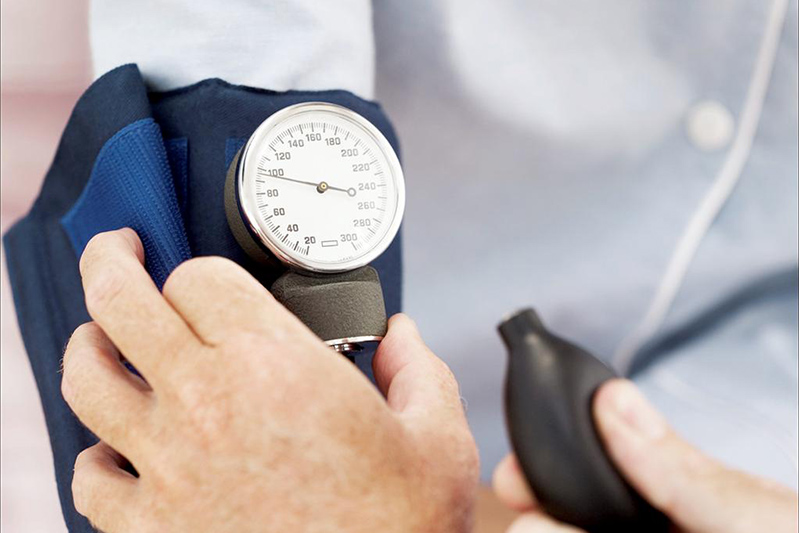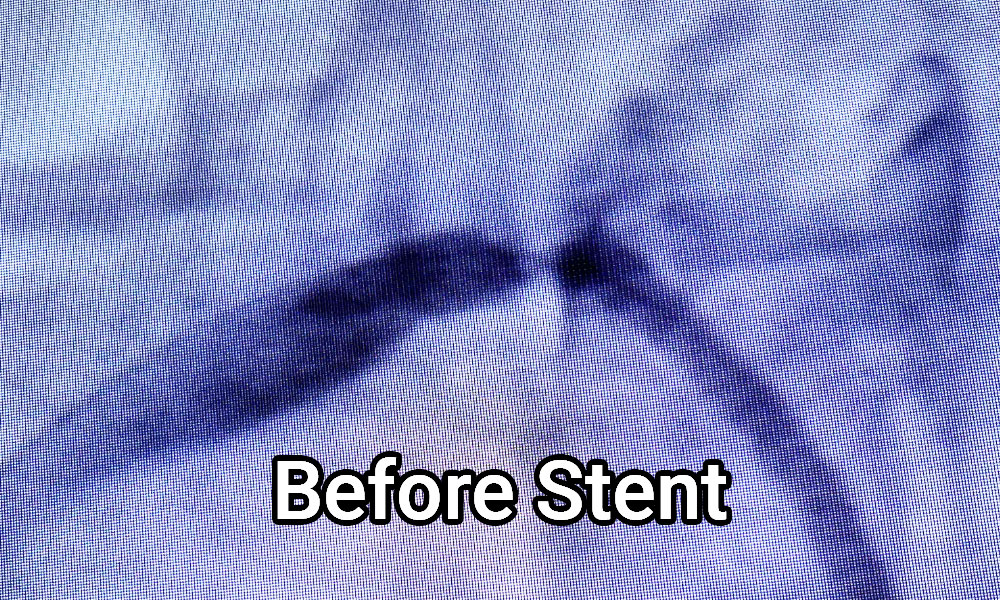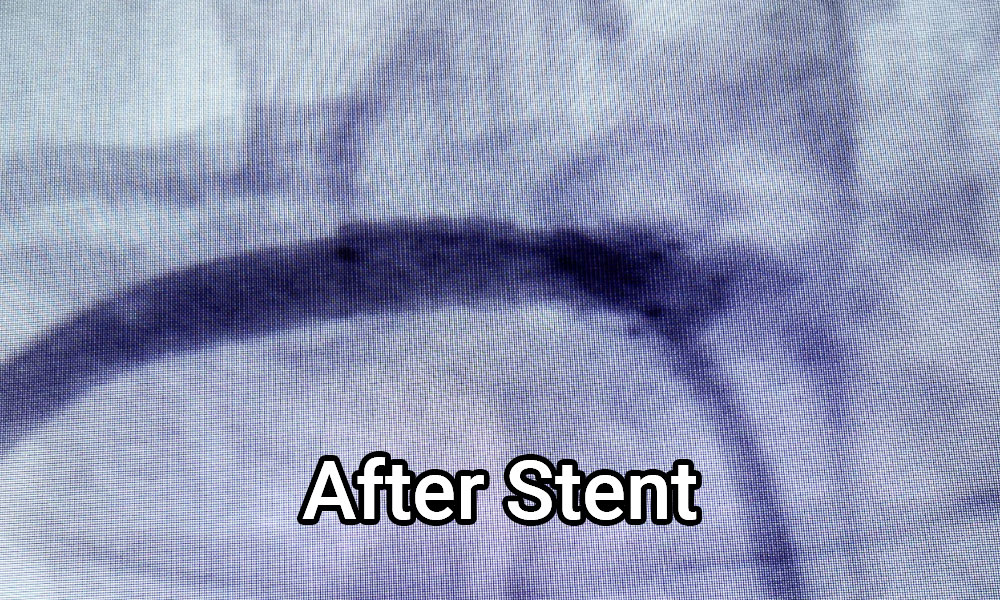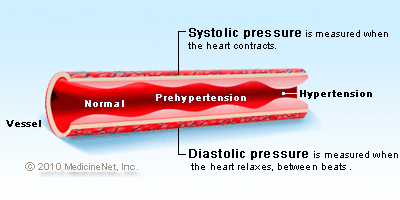What is high blood pressure?
High blood pressure is also known as hypertension. In this condition, the force of the blood pressing against your artery walls is high. High blood pressure is important to control because it can lead to serious health problems including heart attack, stroke, and heart failure.
Hypertension can be asymptomatic and therefore dangerous. High blood pressure is easily detected and should be routinely monitored.
What are the causes of high blood pressure?
There are 2 types of hypertension, each having different causes:
-
- Essential (primary) hypertension
Accounts for 85% of cases and influenced by diet, lifestyle, or family history of high blood pressure.
-
- Secondary hypertension
Accounts for 15% of cases as a sudden cause of high blood pressure due to involvement of other organs or medications including:
– Congenital defects
– Sleep Apnea
– Kidney diseases
– Adrenal gland tumors
– Thyroid disorders
– Birth control pills, pain relievers, and cold remedies.
– Renal artery stenosis
Renal artery stenosis is a narrowing in the artery that supplies the kidney with blood. Therefore the kidney senses low perfusion pressure and assumes that the body has low blood pressure, and produces chemicals that raise blood pressure. The patient subsequently experiences high blood pressure or hypertension. The stenosis is usually at the origin of the renal artery and occurs predominantly in elderly patients who have atherosclerosis and vascular disease elsewhere also. They are usually on multiple antihypertensive medications.
In the before picture, a tight stenosis is noted at the origin of the right renal artery, and after the stent placement, it is eradicated. Greater than 50% of the times, the patient is able to substantially reduce antihypertensive medication use or eliminate them completely. The procedure is used selectively because if the patient really has intrinsic renal disease or other causes of hypertension, then, a stent to the renal artery may not result in drastic reductions in blood pressure.
What are the risk factors?
-
- Sex- Men are more likely to develop hypertension. Women are more likely to develop high blood pressure after menopause.
- Old age
- Race- more common amongst African Americans than Caucasians.
- Family history of high blood pressure
- Smoking
- Alcohol
- Being overweight or obese
- Lack of physical activity
- Too much salt in your diet
- Stress
- Chronic conditions may increase the risk of high blood pressure including high cholesterol levels, diabetes, adrenal and thyroid disorders, and sleep apnea.
- Sex- Men are more likely to develop hypertension. Women are more likely to develop high blood pressure after menopause.
What are the symptoms?
Some people may have NO signs or symptoms and can be surprised when diagnosed.
Symptoms include:
-
- Headache
-
- Dizziness
-
- Blurring of vision
-
- Nausea and vomiting
-
- Chest pain
-
- Shortness of breath
How do I know if I have high blood pressure?
Blood pressure is recorded at your routine doctor’s visit. If you are not diagnosed with hypertension, check your blood pressure at least twice a year. For patients already diagnosed with high blood pressure should check their blood pressure more frequently. Blood pressure does not only have to be recorded at your doctor’s appointment. You can check at any local grocery store or at home if you have your own blood pressure monitor. Take your blood pressure when you are calm and relaxed. Home blood pressure monitors are a great way to get accurate readings while you are at rest. 24 hour blood pressure recording is better than office recordings.
The correct method to check blood pressure is to place the cuff over your Left arm about 2cms above the elbow. Not too tight or too loose, you should be able to pass 2 fingers in the cuff.
Once you have recorded your blood pressure you will be left with 2 numbers. The top number, Systolic pressure is the pressure in the arteries during contraction of the heart when arteries are being filled with blood. The bottom number is the Diastolic pressure which measures the pressure within the arteries during the relaxation of the heart resulting in a lower value than the top number. Normal blood pressure ranges up to 120/80, but blood pressure can rise and fall with exercise, rest, or emotions.
| Systolic Pressure | Diastolic Pressure | |
| Normal | <120 | <80 |
| Prehypertension | >120-139 | 80-89 |
| Essential (primary) Hypertension | 140-159 (may be higher) | 90-99 |
| Secondary Hypertension | >160 | >100 |
What happens in my blood pressure is not controlled?
You are at risk of having:
-
- Heart attack
-
- Atherosclerosis i.e.: hardening of the arteries
-
- Angina i.e.: chest pain
-
- Stroke
-
- Congestive Heart failure, weak heart muscle
-
- Peripheral vascular disease
-
- Kidney failure- need for renal dialysis
-
- Aortic aneurysm
-
- Vascular dementia
-
- Blindness
How can I prevent this?
-
-
Check your blood pressure routinely.
-
-
-
Diet modification: cut back on salty and buttery foods. Be sure to eat plenty of fruits, vegetables, and foods rich in potassium.
-
-
-
Certain supplements can help lower cholesterol including Cod liver oil, Coenzyme Q10, and Omega 3 fatty acids.
-
-
-
Follow a diet. Try using the “No Whites Diet”, “DASH diet”, or the “Paleolithic diet”. Ask Dr. Jamnadas about which diet plan is best for you.
-
-
-
Maintain a healthy weight with a body mass index <25. This will minimize the pressure in your arteries.
-
-
-
Get a comprehensive nutritional evaluation. Certain elements and vitamin deficiencies can cause high blood pressure. I.e. Vitamin D deficiency affects an enzyme produced by your kidneys that affects blood pressure.
-
-
-
A full endocrine evaluation may be recommended to rule out secondary causes of hypertension.
-
-
-
Be more physically active. Try going for a walk, jog, bike ride, or swim.
-
-
-
Quit smoking
-
-
-
Limit alcohol: if you choose to drink alcohol, limit it to no more than 2 drinks a day.
-
-
-
Keep stress levels to a minimum.
-
Treatment of high blood pressure:
Diet modification, weight loss, and active lifestyle all help in lowering blood pressure.
Medical treatment varies in each patient.
Dr. Jamnadas will prescribe a single low dose medication to lower the blood pressure first.
If not controlled with just one, a combination of 2 or more medications may be advised for best results.
The category of medication Dr. Jamnadas prescribes depends on the stage of high blood pressure and whether you have other medical problems.
Blood pressure lowing drugs include:
-
- Diuretics– sometimes referred to as “water pills”. These reduce sodium and water to lower blood volume.
- Beta Blockers– act by lowering the heart rate to decrease the work load of the heart and help dilate the blood vessels.
- ACE Inhibitors– lower blood pressure by preventing some of your natural chemicals to be made that constrict blood vessels and promote dilatation.
- Angiotensin II Receptor Blockers (ARBs) – block the action of the natural chemicals that narrow blood vessels.
- Calcium Channel Blockers– relax the muscles within the blood vessels by selectively blocking excess calcium and slow the heart rate. This increases the oxygen supply to the heart, increases blood flow, lowers resistance within the vessel, and prevents coronary artery spasm.
- Vasodilators– directly act on the muscles within the walls of the blood vessels, promoting dilatation and decreases blood pressure.
- Diuretics– sometimes referred to as “water pills”. These reduce sodium and water to lower blood volume.
Once your blood pressure is under control, Dr. Jamnadas may have you take a daily aspirin to reduce your risk of cardiovascular disorders.
*RESPeRATE: Resperate is a portable FDA approved device that lowers your blood pressure by altering your breathing patterns. This uses chest sensors to measure breathing to synchronize you to a breathing pattern with longer expirations. This is recommended to be used for 15 minutes a day, 3- 4 days a week. A reduction in stress levels will be noticed. This device is available for purchase in our office.
Don’t Forget!
Schedule routine visits to Dr. Jamnadas to monitor your blood pressure.
Take your medications regularly, exactly as prescribed.
If you are having any side effects or the costs of medications are posing problems please do NOT discontinue your medications on your own. Ask Dr. Jamnadas about other options.
Ensure good nutrition and get regular exercise.
Quit smoking
Manage stress: stay positive, optimistic, and most of all calm.
*The single most important parameter to treat in your life is your blood pressure*




